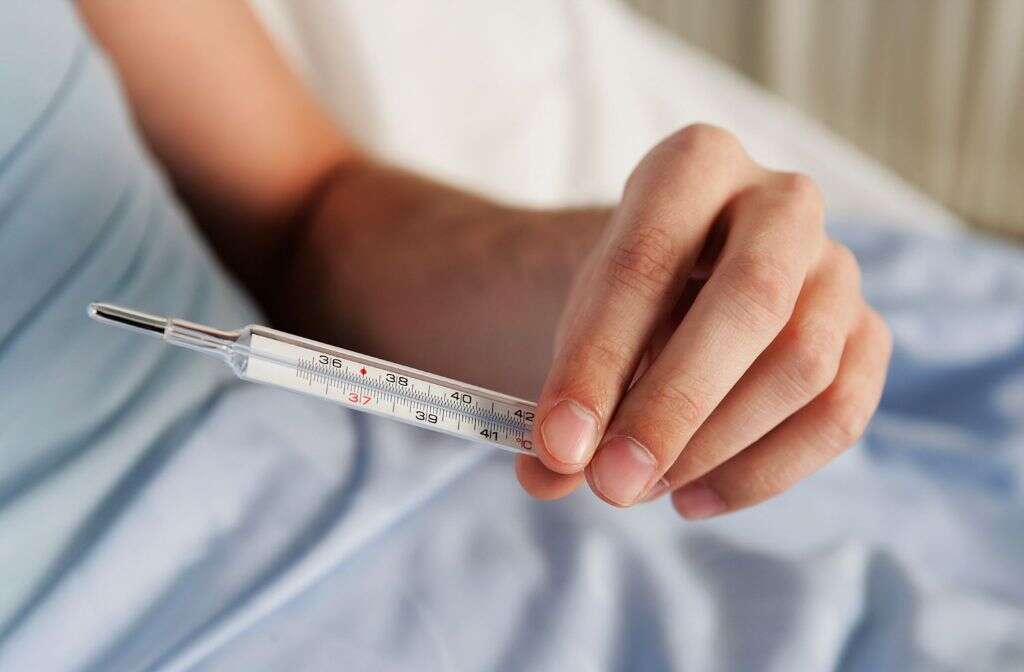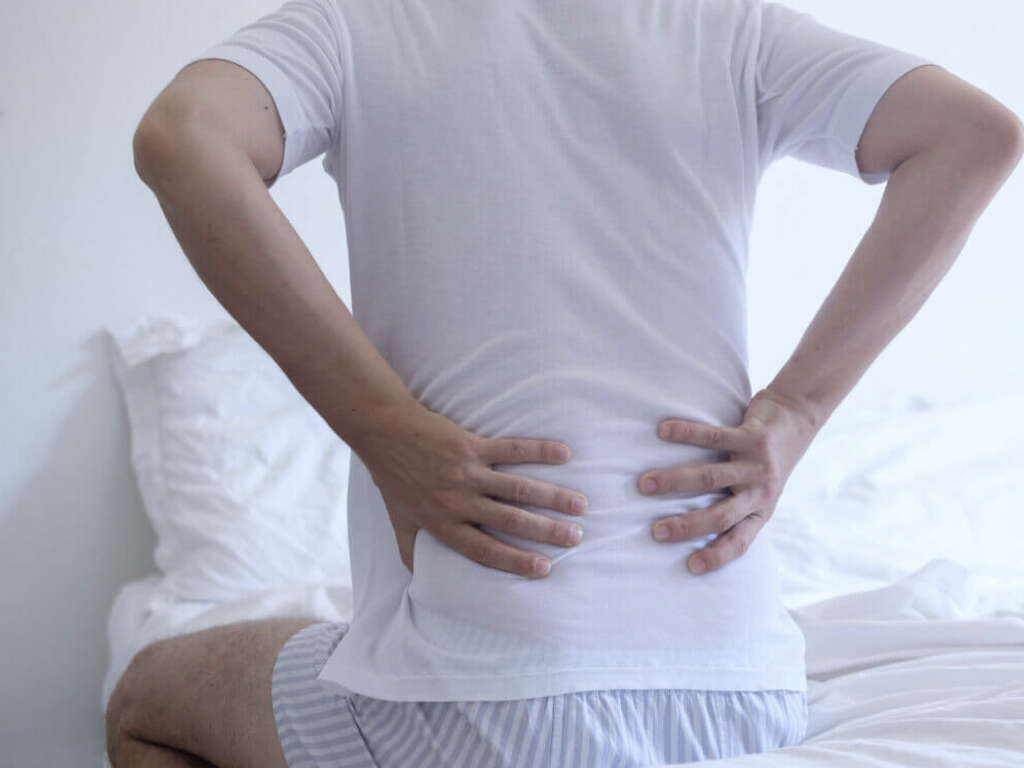Neuroleptic Malignant Syndrome Symptoms
 Article Sources
Article Sources
- 1. Berman, Brian D. “Neuroleptic malignant syndrome: a review for neurohospitalists.” The Neurohospitalist vol. 1,1 (2011): 41-7. doi:10.1177/1941875210386491
- 2. Khan, Zafar, Rajaratnam, R., Singh, Vinod. “Neurogenic bladder in neuroleptic malignant syndrome.” Urology vol. 37,6 (1991): 533-544. Available from: https://www.sciencedirect.com/science/article/pii/0090429591803207
- 3. Simon LV, Hashmi MF, Callahan AL. Neuroleptic Malignant Syndrome. [Updated 2020 Jun 3]. In: StatPearls [Internet]. Treasure Island (FL): StatPearls Publishing; 2020 Jan-. Available from: https://www.ncbi.nlm.nih.gov/books/NBK482282/
- 4. Tse, Lurdes et al. “Neuroleptic Malignant Syndrome: A Review from a Clinically Oriented Perspective.” Current neuropharmacology vol. 13,3 (2015): 395-406. doi:10.2174/1570159x13999150424113345
6. Hyperthermia
Hyperthermia is an abnormal increase in body temperature. It can be due to being in a very hot environment or due to something being wrong with the parts of the body that control how our temperature is regulated. Hyperthermia should not be confused with hypothermia which is a decrease in the body temperature. Hyperthermia is slightly different from fever in that, when caused by the body itself, will raise above temperatures that a fever will normally stop at.
Dopamine has a direct effect on the part of the brain that controls our body temperature. It therefore comes as no surprise that a symptom of NMS is an increased temperature.4Tse, Lurdes et al. “Neuroleptic Malignant Syndrome: A Review from a Clinically Oriented Perspective.” Current neuropharmacology vol. 13,3 (2015): 395-406. doi:10.2174/1570159x13999150424113345
Advertisement

Related Articles
-
What Is Neuroleptic Malignant Syndrome?
10FAQ
-
What Is Dissociative Fugue?
10FAQ
-
Nursing Degree: A Gateway To A Rewarding Career
10FAQ
-
Understanding LASIK Surgery for Improved Vision
10FAQ
-
Cheap Dental Implants: A Cost-Effective Solution For Your Dental Needs
10FAQ
-
Gallbladder Polyps Causes, Symptoms and More
10FAQ



